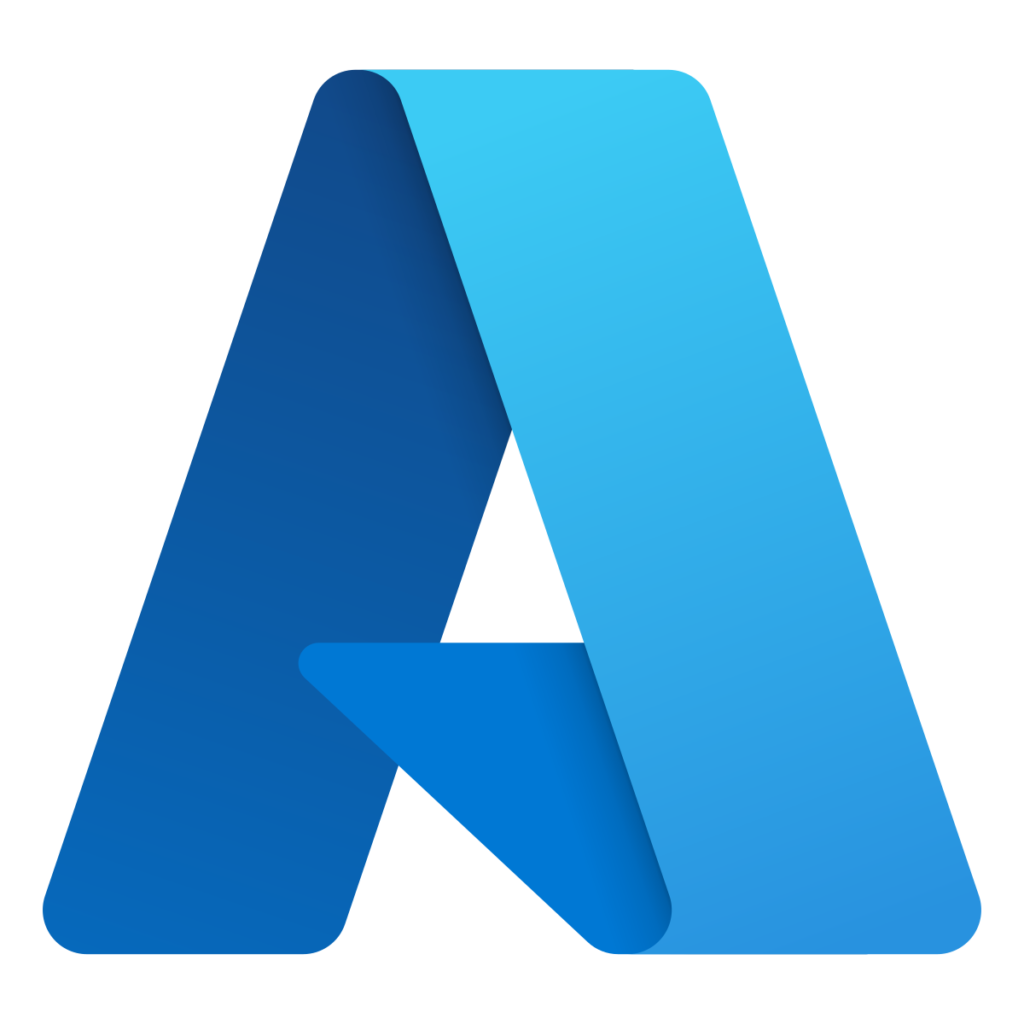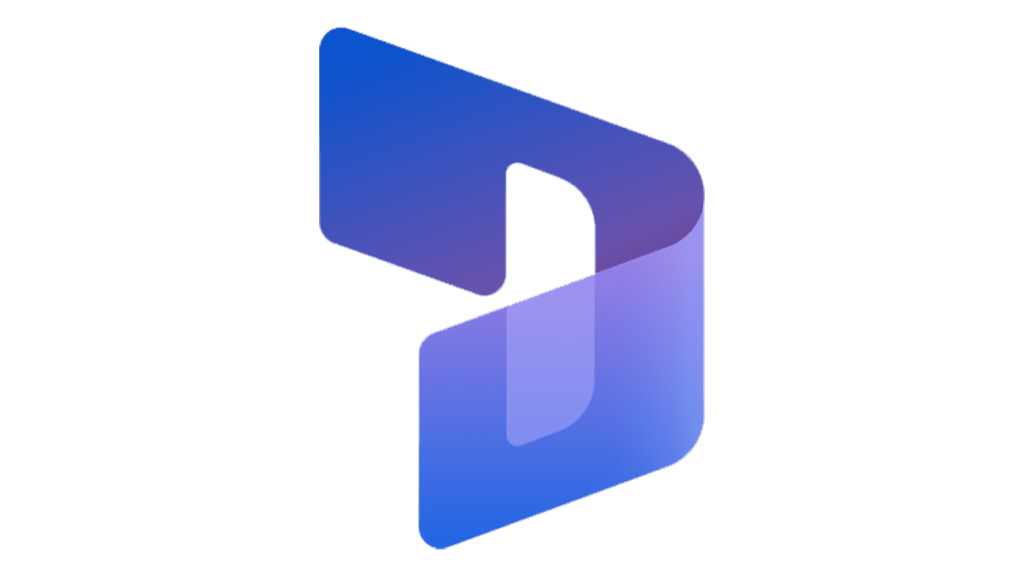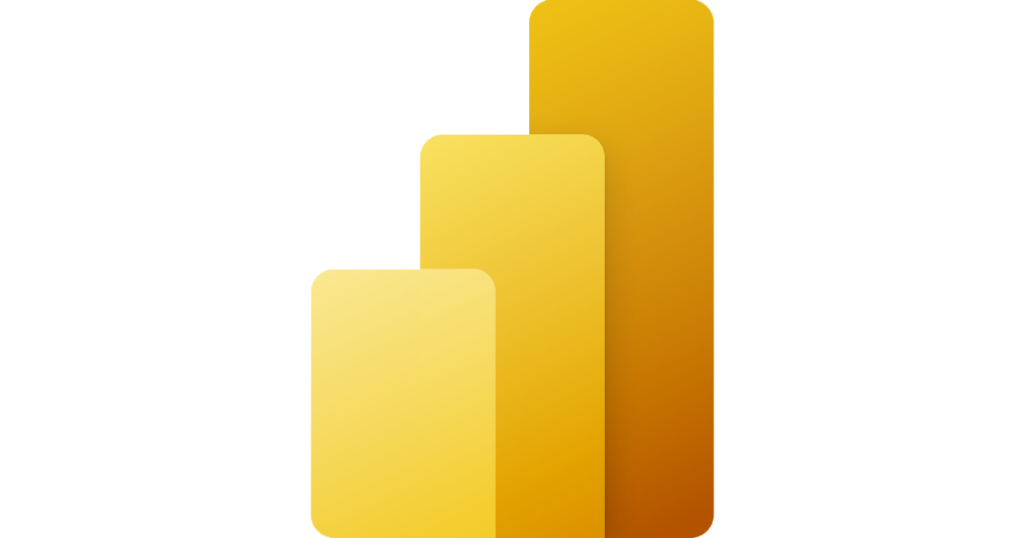Azure Functions
Discover Azure Functions, a serverless computing service provided by Microsoft Azure that allows you to build and deploy applications in a flexible, scalable, and event-driven manner.
Accelerate and Simplify Serverless Application Development with Microsoft Azure Functions
Serverless Computing for Scalable and Event-driven Applications
Microsoft Azure Functions is a serverless computing service offered by Microsoft Azure, allowing developers to build applications without worrying about infrastructure management. With Azure Functions, you can focus on writing code and implementing business logic while Azure takes care of scaling, monitoring, and patching.
Azure Functions supports a wide range of programming languages, including C#, Java, JavaScript, PowerShell, and Python. It enables you to build applications in a serverless architecture, where code execution is event-driven and automatically scales based on demand. You can trigger functions in response to various events, such as HTTP requests, timers, message queues, or database changes.
Experience the power of serverless architecture and focus on writing code without worrying about infrastructure management.
Microsoft Azure Functions
Develop your way
Choose from popular programming languages you already know.
Architecture with
open-source components
Build your app with a wide variety of data and event sources.

Application lifecycle
management
Get a complete serverless application development experience—from building and debugging locally to deploying and monitoring in the cloud.
Key Features
Enhance your serverless computing capabilities with Microsoft Azure Functions, seamlessly integrated with services like Azure Virtual Machines for scalable hosting, Azure SQL Server for powerful database management, Azure Virtual Desktop for flexible remote desktop experiences, and Azure App Service for effortless web app deployment.
Event-driven Execution
Trigger functions in response to events such as HTTP requests, timers, storage events, and more.
Automatic
Scaling
Azure Functions scales automatically based on the number of events or workload, ensuring optimal performance.
Multiple Language Support
Develop functions using popular programming languages such as C#, Java, JavaScript, PowerShell, and Python.
Integration with Azure Services
Easily integrate Azure Functions with other Azure services like Azure Storage, Azure Event Hubs, and Azure Cosmos DB.
Durable
Functions
Orchestrate complex workflows and stateful execution using Durable Functions, simplifying complex application logic.
Monitoring and Logging
Gain insights into function execution and performance through integrated monitoring, logging, and diagnostics features.
Technical
Specifications
Microsoft Azure Function is a “Serverless Compute Platform” for your development efficiency.
Serverless Execution
Azure Functions offers serverless code execution, removing the need to maintain servers. Businesses can concentrate on creating code while Azure handles scalability and resource allocation automatically.
Event-Driven Triggers
HTTP requests, timers, storage events, and service bus messages are all examples of events that might trigger Azure Functions. This adaptability enables firms to quickly create event-driven processes.
Supported Languages:
C#, JavaScript, TypeScript, Python, Java, and PowerShell are among the programming languages supported by Azure Functions. This adaptability enables developers to code in their favorite language.
Scalability and Elasticity
Azure Functions adjusts resources up and down dynamically based on demand. It ensures that programs can manage variable workloads and that expenses are minimized during periods of low usage.
Integration with Azure Services
Azure Functions works easily with other Azure services, such as Azure Logic Apps, Event Grid, and Cosmos DB, to provide fast data processing and application operations.
Stateless Execution
Azure Functions is stateless, which means that each function execution is independent and does not retain any state across executions. This streamlines development while increasing dependability.
Support for Durable Functions
Durable Functions are also supported by Azure Functions, allowing for stateful workflows and orchestrations for long-running activities. This is very helpful in complex business circumstances.
Developer Tooling
Azure Functions provides extensive development tools for local testing and debugging prior to deployment, including Azure Functions Core Tools and Visual Studio Code extensions.
Support for Durable Functions
Identity and access control, network isolation, and compliance certifications are all embedded into Azure Functions. This guarantees that corporate data is kept private and secure.
Monitoring and Logging
Through Azure Monitor and Application Insights, Azure Functions delivers rich monitoring and logging features. Businesses may receive useful insights on function performance and effectively fix difficulties.
High Availability and Disaster Recovery
Azure Functions provides high availability and disaster recovery solutions to maintain business continuity even in the face of unanticipated disasters.
Benefits of Microsoft Azure Function
Our Products that change the whole process of business
Cost Efficiency
Pay only for the execution time and resources used by your functions, with no upfront infrastructure costs.
Scalability and Elasticity
Automatically scale your functions based on workload, ensuring seamless performance even during peak times.
Faster Time-to-Market
Develop and deploy applications quickly with minimal infrastructure setup and configuration.
Event-driven Architecture
Build applications that respond to events and triggers, enabling seamless integration and real-time processing.
High Availability
Azure Functions ensures high availability with automatic load balancing and fault tolerance.
Success Ratio
At Tripearltech, our primary objective is to provide outstanding Azure Function solutions while placing a strong emphasis on client-centricity. This approach enables us to consistently achieve a high Success Ratio.
15
Project
9
Completed
4.5/5.0
Client Satisfaction
We are dedicated to consistently enhancing our range of services and surpassing client expectations, positioning Tripearltech as the preferred partner for Azure Function.
Related Articles
Here are the materials to help you know more about Microsoft Azure.
Use Cases
Here’s how Azure can help your organization
|
Modules
|
Availability
|
|---|---|
|
Event-driven processing
|
|
|
Webhooks and APIs
|
|
|
Data processing and transformations
|
|
|
Scheduled task and batch processing
|
|
|
Serverless backends
|
|
|
IOT Scenarios
|
|
|
DevOps automation
|
|
pricing
Create an Azure account and purchase cloud services at pay-as-you-go pricing.
Microsoft Azure Functions
₹4,492.580/month
- Prices are estimates only and are not intended as actual price quotes. Actual pricing may vary depending on the type of agreement entered with Microsoft, date of purchase, and the currency exchange rate. Prices are calculated based on US dollars and converted using London closing spot rates that are captured in the two business days prior to the last business day of the previous month end. If the two business days prior to the end of the month fall on a bank holiday in major markets, the rate setting day is generally the day immediately preceding the two business days.
- Calculate Microsoft Azure Functions Pricing Here – Azure Calculator
- All the Term and Conditions are of Microsoft itself.
Make your development process more efficient!!!
Our team of expert is ready to develop scalable and Efficient applications for your business!!!
Case study
We prioritize client satisfaction above all else. By focusing on clear communication, understanding their objectives, providing transparent pricing, delivering high-quality workmanship, and ensuring timely delivery, we consistently create happy clients.

Enhancing Data Management for Nilkanth Engg Works
This is how our solution improved data management for Nilkanth Engg Works, allowing them to efficiently access and utilize PLC data, production reports, and more, ultimately leading to enhanced client satisfaction.

From Manual to Modern - Paclantic Natural
Paclantic Natural supplies extensive range of natural oils, butters, essential oil and other botanical ingredients who has Leveraged Digital Transformation with D365 Business Central and Utilize the true potential of business central ERP to solve their problems.

Dynamics NAV - Annual Maintenace
Panaria Group, a leading Italian manufacturer of ceramic tiles, has been at the forefront of the industry for over forty years. Tripearltech has provided tremendous support for stabilizing Dynamics NAV operations which leads to significant growth and expansion.

Data-driven Excellence - Atlanta Electricals
Atlanta Electricals Private Limited, a leading Power Generation and Transformer manufacturer Implemented Power BI and enable to make data-oriented decisions on their day-to-day Operations.
Get more
Featured Products
Explore the products that might help your organization with different requirements.
Frequently Asked
Questions
General Question that might get Strick to users while exploring Azure Functions.
What are Microsoft Azure Functions?
Azure Functions is a serverless computing service provided by Microsoft Azure. It allows developers to write and deploy code in a serverless architecture, where the code is executed in response to specific events or triggers. Azure Functions abstracts away the underlying infrastructure, enabling developers to focus solely on writing the application logic without the need to manage servers or infrastructure.
How does serverless computing work with Microsoft Azure Functions?
In serverless computing with Azure Functions, the code is executed in a stateless manner in response to events or triggers. Developers define functions that are associated with specific events such as HTTP requests, timers, message queues, or database updates. When an event occurs, Azure Functions automatically scales and executes the associated function, ensuring the code runs efficiently and cost-effectively.
Which programming languages are supported by Azure Functions?
Azure Functions supports a wide range of programming languages, including C#, Java, JavaScript, PowerShell, and Python. This allows developers to choose the language they are most comfortable with and leverage their existing skills to build applications using Azure Functions.
What are the triggers available for Azure Functions?
Azure Functions offers a variety of triggers that can be used to execute functions, including:
- HTTP triggers: Functions can be triggered by HTTP requests, enabling the development of API endpoints.
- Timer triggers: Functions can be scheduled to execute at predefined intervals.
- Message-based triggers: Functions can be triggered by messages arriving in message queues, such as Azure Service Bus or Azure Storage Queue.
- Data-related triggers: Functions can be triggered by changes or updates to data in Azure Cosmos DB, Azure Blob Storage, or Azure Event Hubs.
- Custom triggers: Developers can create custom triggers to handle specific events or integrate with other systems.
How does automatic scaling work in Microsoft Azure Functions?
Azure Functions provides automatic scaling based on the number of incoming events or workload. When there is a high demand or increased workload, Azure Functions dynamically allocates additional resources to handle the increased load. Conversely, when the demand decreases, Azure Functions scales down the resources to optimize cost efficiency. This automatic scaling ensures that applications running on Azure Functions can handle varying workloads without manual intervention.
Can I integrate Azure Functions with other Azure services?
Yes, Azure Functions can be easily integrated with other Azure services. It provides built-in bindings and triggers for various Azure services like Azure Storage, Azure Event Hubs, Azure Cosmos DB, and more. This integration allows developers to build comprehensive solutions that leverage the capabilities of different Azure services in combination with Azure Functions.
How can I monitor the execution and performance of Azure Functions?
Azure Functions offers built-in monitoring and logging features. It integrates with Azure Application Insights, which provides real-time monitoring, performance metrics, and logs for your functions. You can track the execution time, handle errors, and gain insights into the performance of your Azure Functions. Additionally, Azure Functions provides integration with Azure Monitor, which allows you to set up alerts and notifications based on specific metrics or thresholds.
What are the cost considerations for using Azure Functions?
The cost of using Azure Functions depends on factors such as the number of executions, execution time, and resource consumption. Azure Functions operates on a pay-as-you-go model, where you only pay for the actual execution time and resources used by your functions. It offers different pricing plans and options to suit various application needs and usage patterns. With its serverless nature, Azure Functions provides cost-efficiency by automatically scaling down resources when not in use.
Can I develop complex workflows using Microsoft Azure Functions?
Yes, Azure Functions provides a feature called Durable Functions, which allows you to develop and manage complex workflows. Durable Functions enable you to orchestrate the execution of multiple functions in a stateful manner, making it easier to implement complex business processes and workflows. With Durable Functions, you can define workflows using code and manage the state, coordination, and error handling of each step within the workflow. This feature simplifies the development of long-running, stateful applications and enables you to create sophisticated, event-driven workflows.
What are the advantages of using serverless computing with Azure Functions?
Using serverless computing with Azure Functions offers several advantages, including:
- Cost Efficiency: With serverless computing, you only pay for the actual execution time and resources used by your functions, eliminating the need for provisioning and managing infrastructure.
- Scalability and Elasticity: Azure Functions automatically scales up or down based on workload, ensuring that your application can handle increased demand without manual intervention.
- Faster Time-to-Market: By abstracting away infrastructure management, you can focus on writing code and rapidly deploy applications, reducing the time it takes to bring your ideas to market.
- Event-Driven Architecture: Azure Functions enables you to build applications that respond to events and triggers, allowing you to create event-driven, reactive systems.
- High Availability: Azure Functions automatically load balances your application and provides fault tolerance, ensuring high availability even in the face of failures.
- Simplified Development: With its wide range of supported languages and integration with other Azure services, Azure Functions simplifies the development process and allows you to leverage existing skills and resources effectively.
We'd love to hear from you
Contact Us
We are committed to ensuring your satisfaction with Microsoft Azure Function. Our team is ready to assist you with any issues or concerns you may have. We look forward to hearing from you and providing the support you need.














